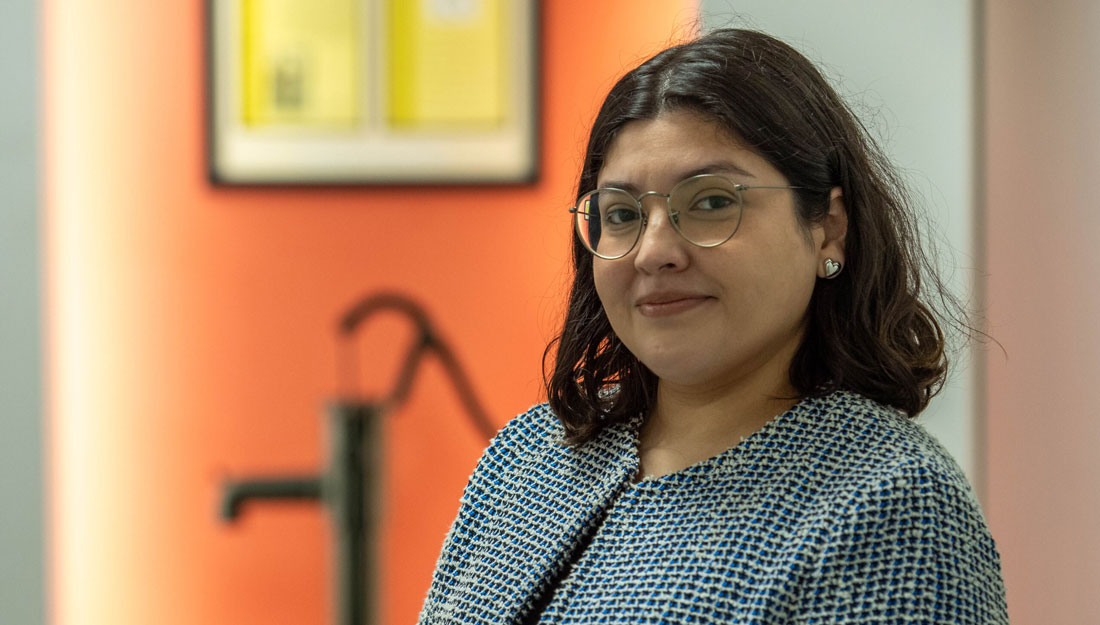School of Public Health team receives funding for mobile app to prevent dementia in Asian Americans

A research team led by Junhyoung “Paul” Kim, PhD, an associate professor of health behavior in the School of Public Health at Texas A&M University, has been awarded a two-year grant from a Korean foundation to design mobile technology to help older Chinese American and Korean American adults in the United States prevent dementia.
The project is in line with the National Institute on Aging’s priority on increasing participation by Asian Americans in dementia care. This cohort is the nation’s fastest-growing racial and ethnic minority group but receives less than 1 percent of clinical research funding for dementia.
“The majority of Asian American adults were born outside the United States and many have limited English proficiency, which prevents their participation in dementia prevention programs,” Kim said. “In addition, evidence suggests that this underserved immigrant population has similar or higher rates of cognitive impairment as nonimmigrant older adults.”
The team will obtain preliminary data to support a larger, randomized controlled trial to test the efficacy of a mobile app that focuses on cognitive function and quality of life for the targeted users. The app would be a new addition to the offerings produced by Silvia Health, a company in Seoul, Korea, that specializes in dementia prevention technology for older adults with limited English proficiency.
Previous research by the team suggested that the currently available Silvia Health app improved the memory, psychological health and quality of life of the older Koreans who used it. The new research will gather data related to a proposed new app for older Chinese American and Korean American adults that will cover home-based exercise, mindfulness and relaxation, cognitive activities and voice-based, AI-led cognitive assessments. The app will be provided in multiple languages and content will be culturally appropriate for the intended users.
“Our goal is to reduce cultural barriers that prevent the diagnosis and treatment of cognitive decline and dementia in older Asian American adults,” Kim said. “This research is a step in that direction.”
Media contact: media@tamu.edu


